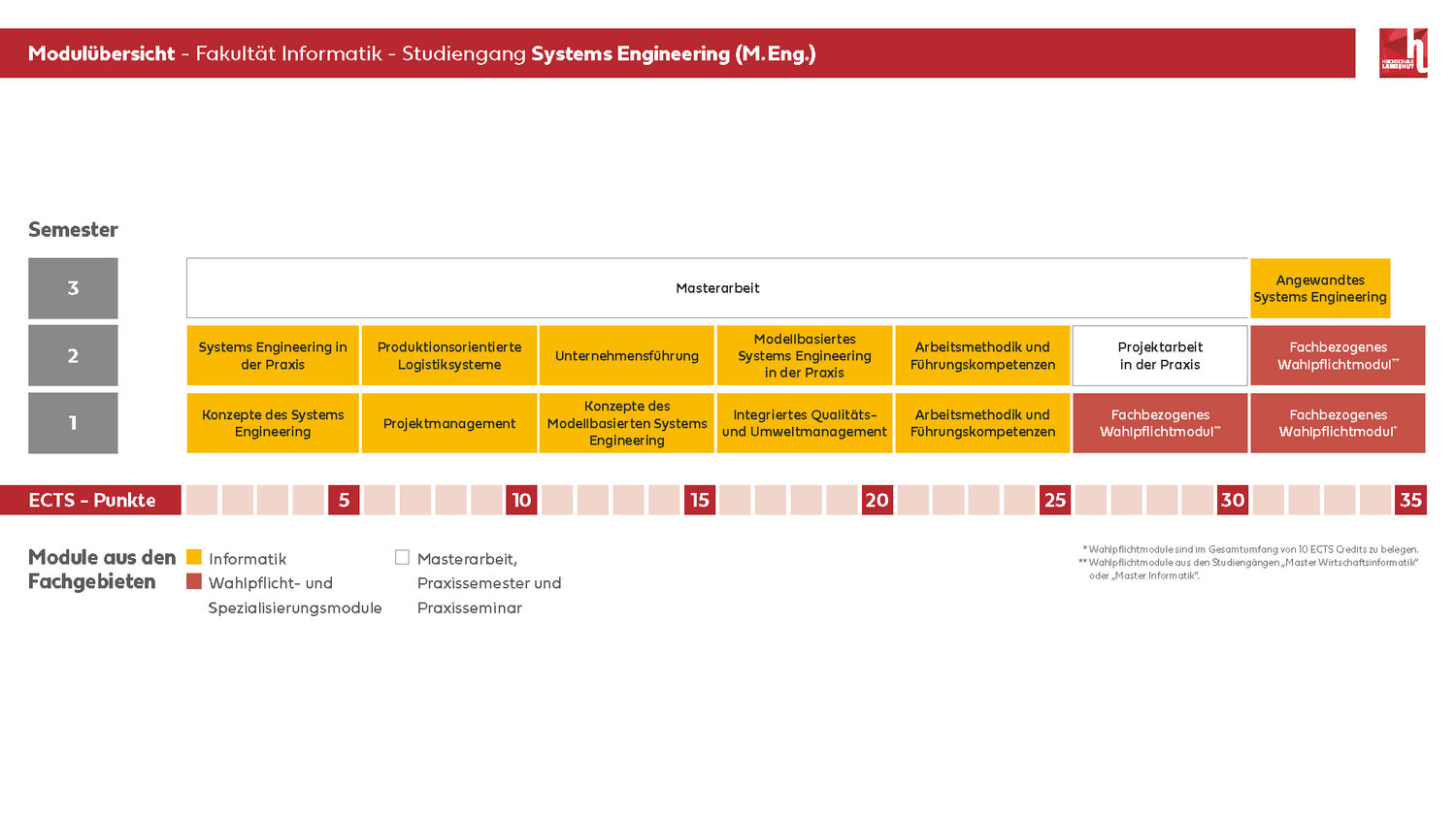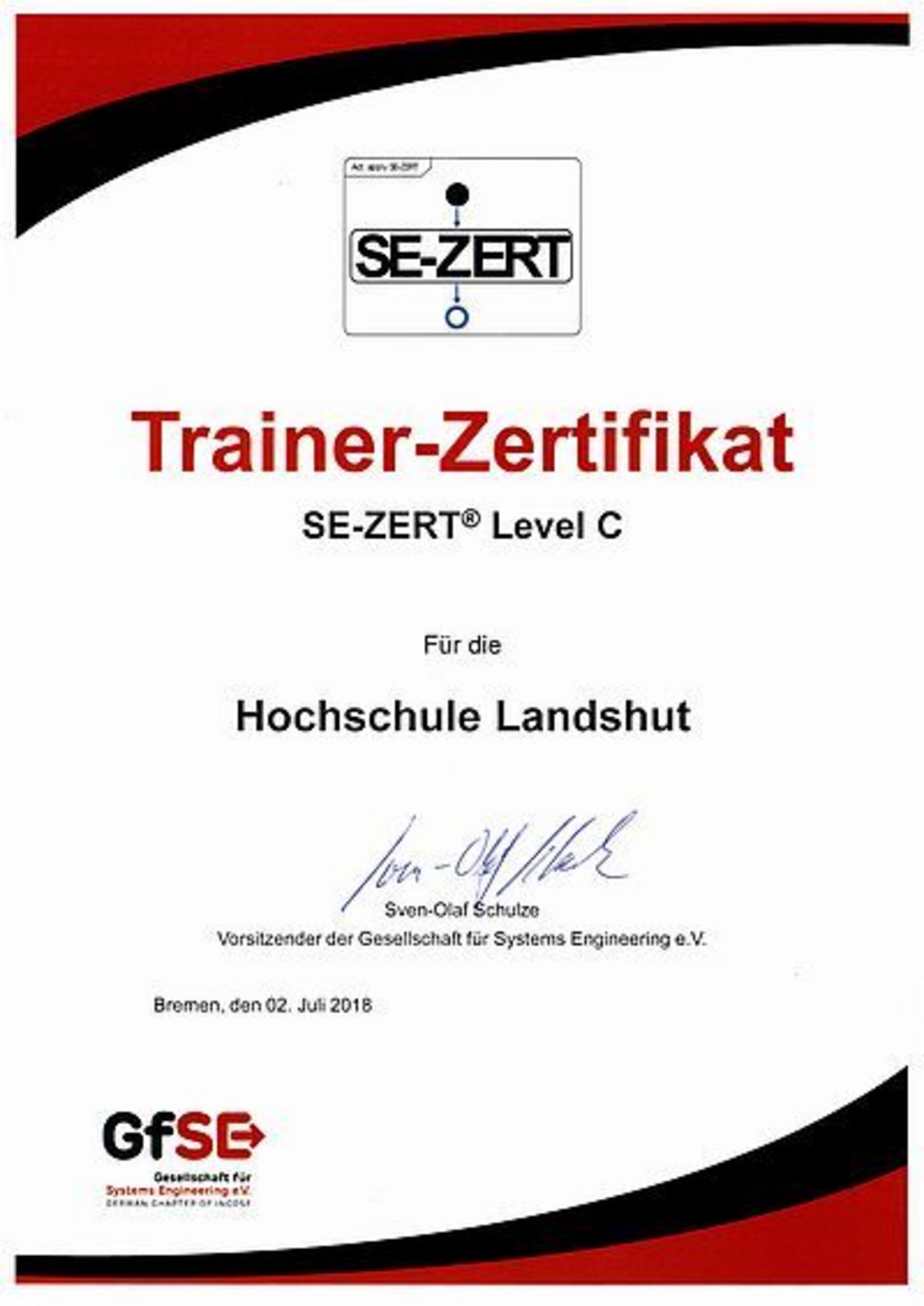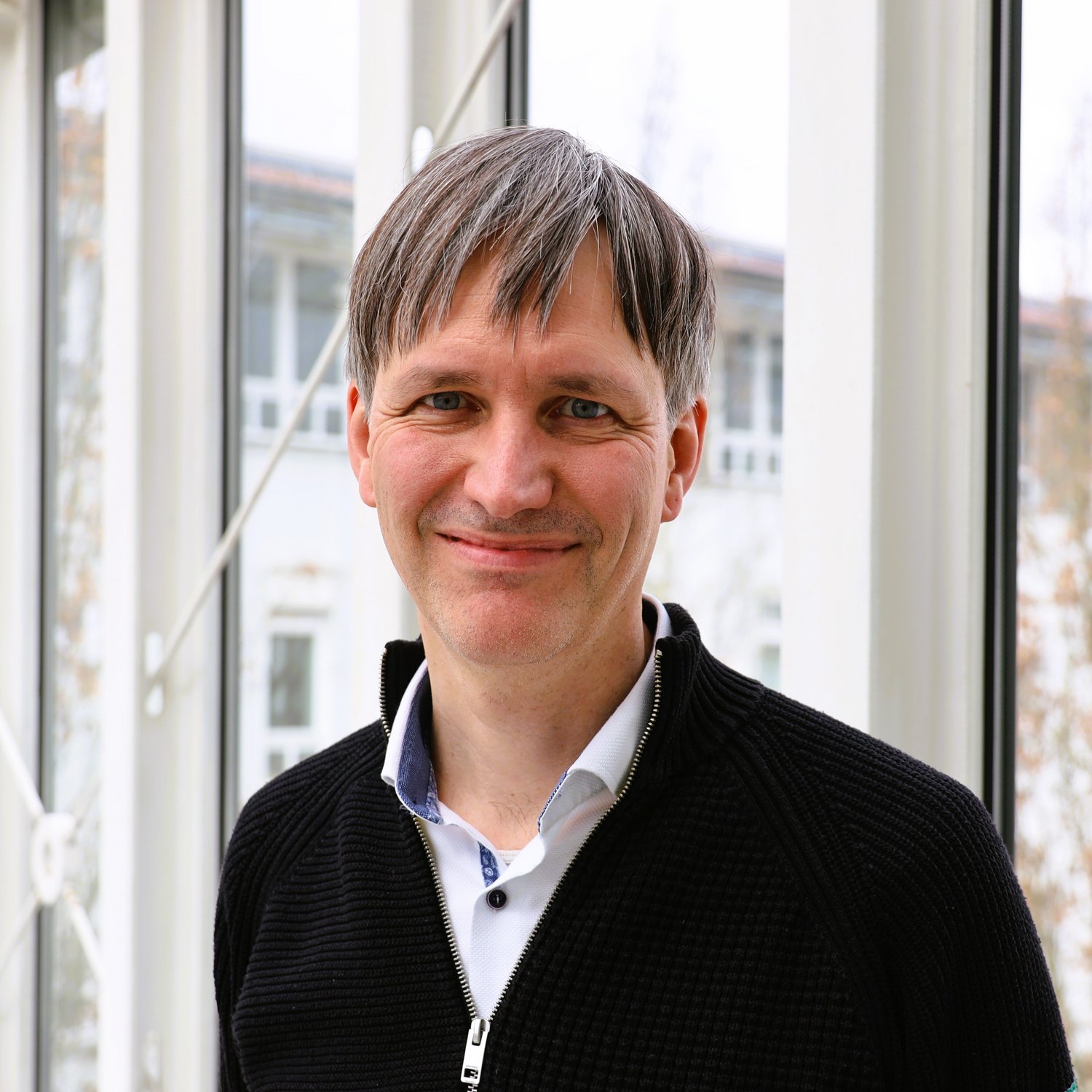

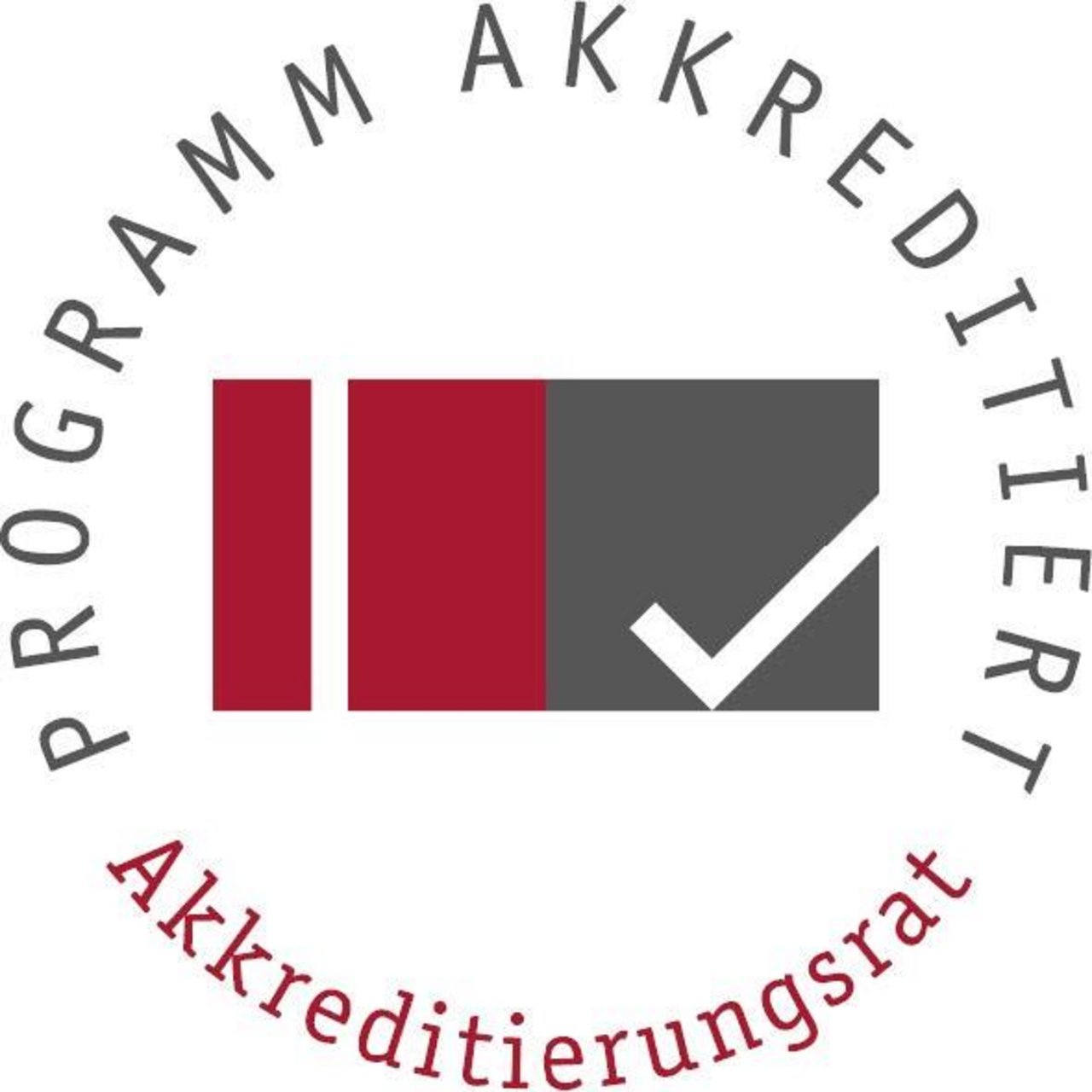
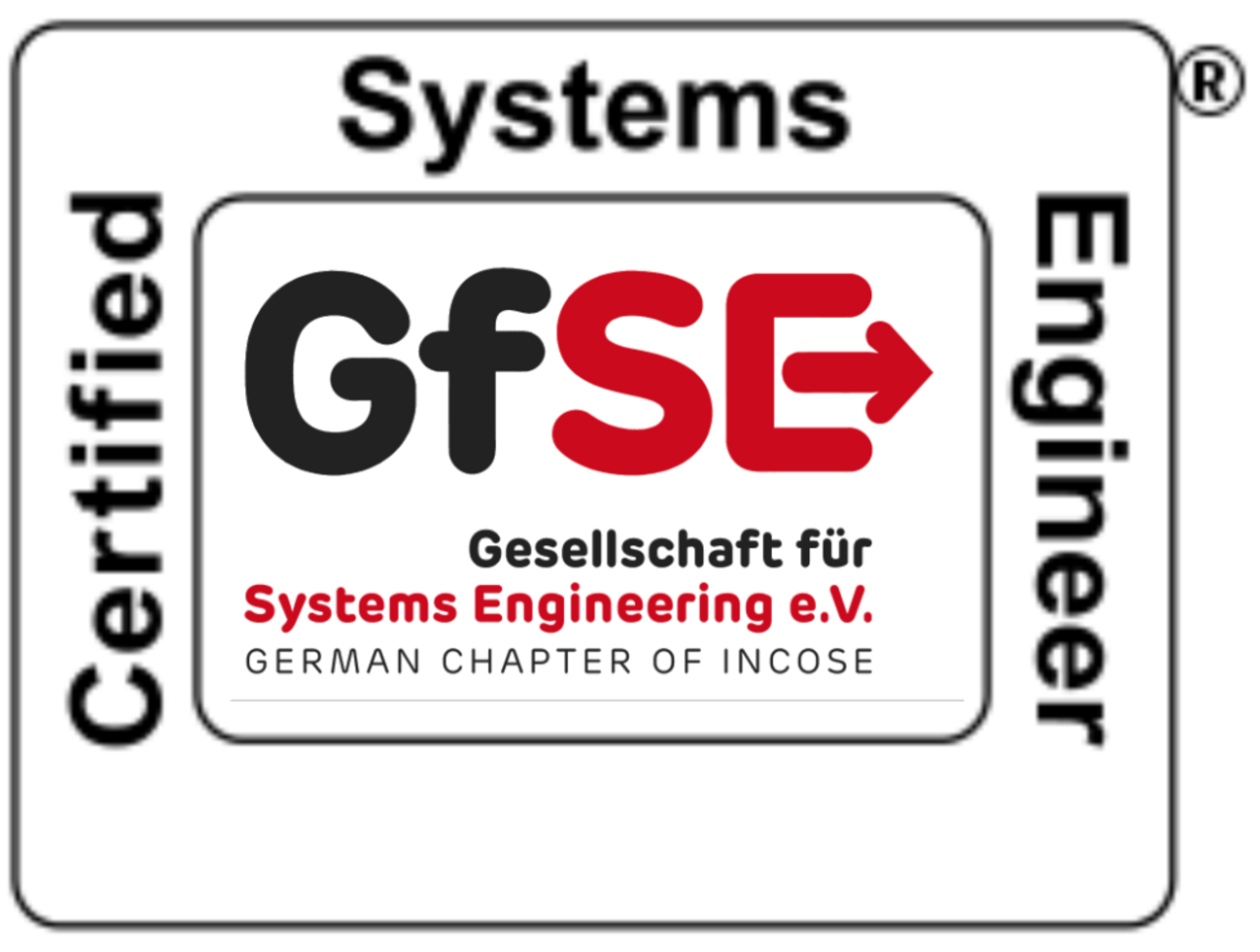
Accredited degree program
Systems Engineering
Master of Engineering
The overarching aim of the consecutive Master's degree programme in Systems Engineering is to qualify students in the planning and implementation of complex, technology-related projects. To this end, they are taught skills in project management, system design and corporate management.
| Start | Sommer semester |
|---|---|
| Admission Criteria | Open admission (subject to entry requirements) |
| Application period | 15.11.2025 - 28.02.2026 |
| Study format | Full time |
| Study cost | None (only semester fee) |
| Normal duration | 3 Semester |
| Language | German |
| ECTS | 90 |
| Accredited degree program | |
   | |
Study programme
The programme is primarily aimed at graduates with a Bachelor's degree in a STEM subject and is characterised by information technology content. It qualifies students to work efficiently in interdisciplinary project teams and provides a solid basis for a later position as a manager or project leader. The overall aim of the consecutive Master's degree programme is to qualify students in the planning and implementation of complex, interdisciplinary projects. To this end, they are taught skills in project management, system design and corporate management, among other things.
The programme can only be started in the summer semester. Students complete their Master's thesis in the third semester (completion time: six months).
The Master's degree programme in Systems Engineering was the first degree programme ever to be accredited by an academic organisation by the Gesellschaft für Systgems Engineering https://www.gfse.de/de/.
This additional accreditation of the university as a training provider certifies the depth of content and practical relevance of the degree programme in terms of conformity with the guidelines of the International Council On Systems Engineering (INCOSE). Prof. Dr Matthias Dorfner, who is responsible for the accreditation process, is particularly pleased that graduates of the course are now eligible to take the "Certified Systems Engineer - Level D" certification examination. This high-quality personal certification underlines the quality of the degree programme and makes it easier for graduates to successfully enter professional life.


